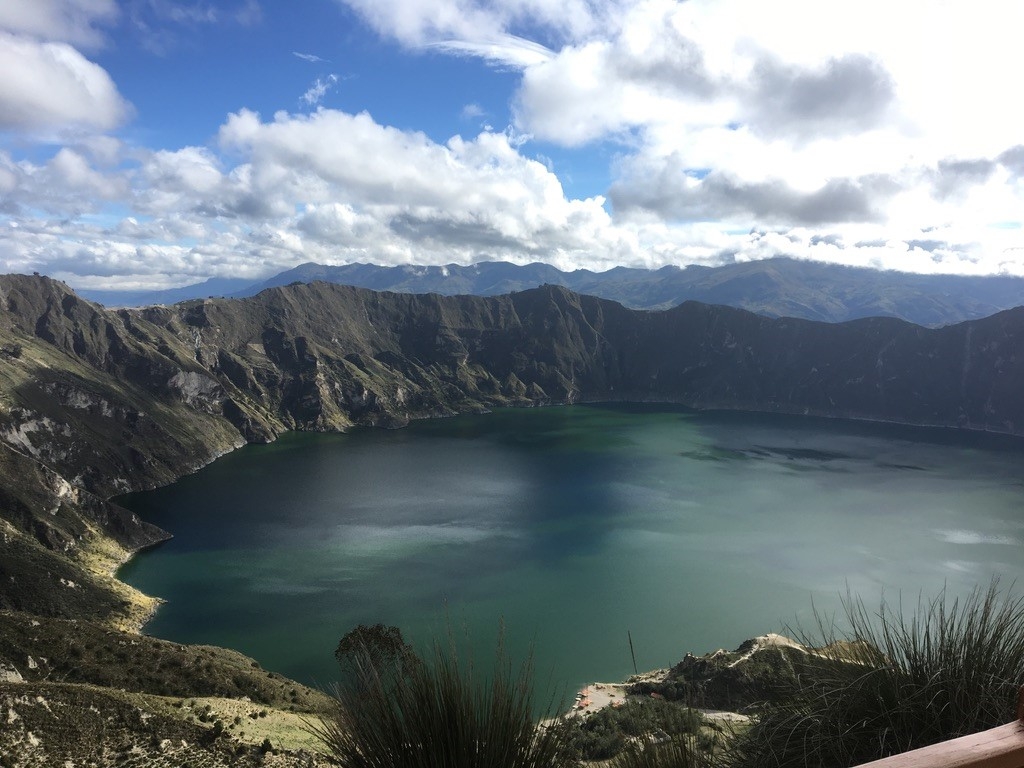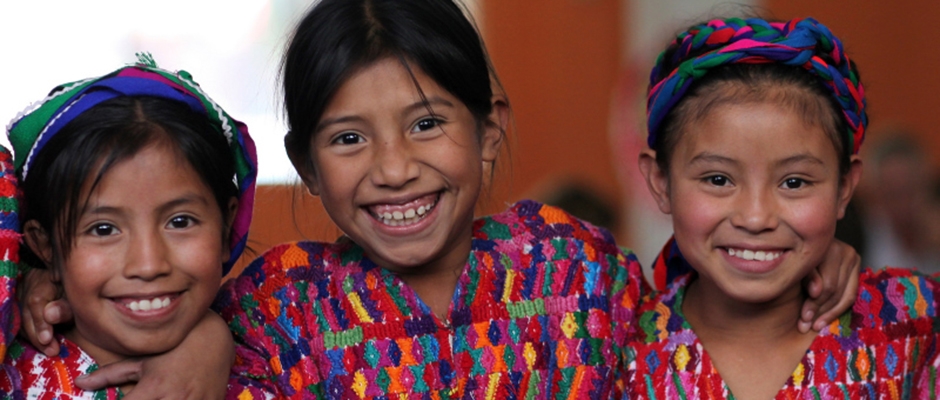Global Health

Globally, nearly 6 million children die before reaching their 5th birthday, and almost all of these deaths occur in the developing world. Underserved populations in the United States (including immigrants, refugees, and those raised in poverty) often suffer from some of those same diseases. As international travel and migration increases, pediatricians need more education in tropical medicine and how to provide care with limited resources. Physicians educated in global health are more likely to practice medicine helping the underserved – in both domestic and international settings.
The University of Arizona Pediatric Global Health program provides residents with education here in Tucson as well as through international rotations. Southern Arizona provides a unique setting with cases related to border and desert medicine. Tucson has a pediatric population including immigrants and refugees from a diverse collection of countries. Elective rotations are available with the Indian Health Service, at the border, and options exist for a local global health elective. Monthly modules are available to all pediatric residents and evening global health sessions occur in collaboration with Family Medicine and Emergency Medicine and other interdisciplinary faculty. Residents with a career interest in global health have the option to participate in the Global Health pathway.
International electives are available to residents in sites of their choosing throughout the world. The Pediatric Residency Program provides funding to help with travel expenses. In the past few years, residents have completed rotations in a variety of countries – with an emphasis on a combination of clinical care, research, or language study. We have faculty from multiple divisions with international experience who are interested in mentoring residents. Opportunities also exist for interaction with Global Health programs in the College of Public Health and College of Medicine.


